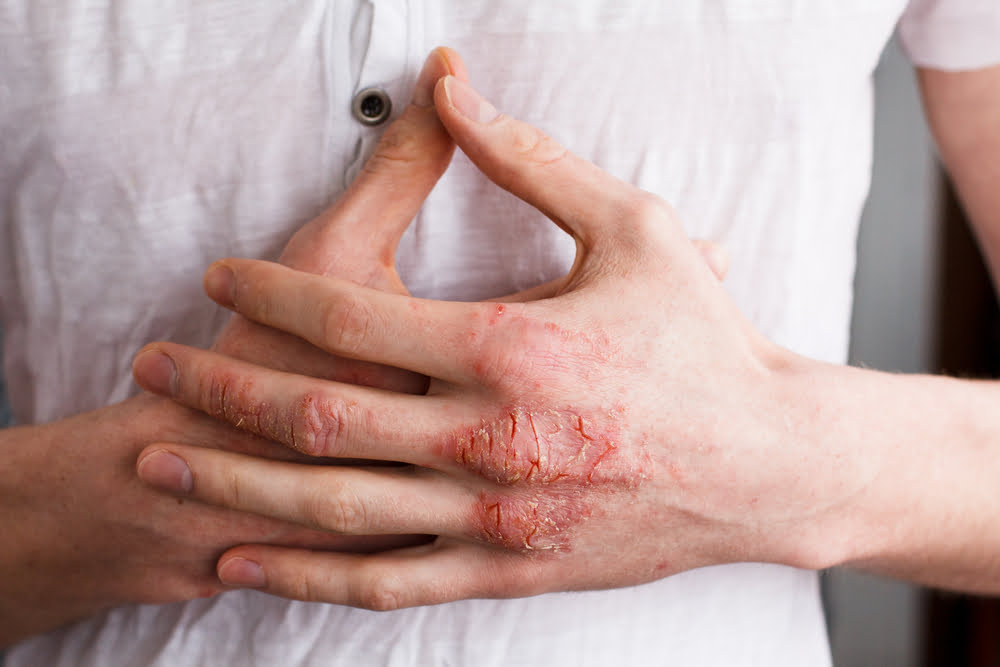Eczema/ Dermatitis
Skin Treatments
Other Treatments
Have Any Question?
In case you wish to avail of the services from Dr. Shailesh Singh you could contact him via the following means
Request a Call Back

What is Eczema or Atopic dermatitis?
No lab examination is needed to determine atopic dermatitis (eczema). Your medical professional will likely make a diagnosis by examining your skin and medical history. They might utilize spot testing or other tests to dismiss various skin diseases or recognize conditions accompanying your eczema.
If you think a particular food triggered your child’s breakout, tell the doctor and also ask about identifying possible food allergic reactions.
Treatment
Atopic dermatitis can be persistent. To manage it, you may need to try different therapies over months or years. As well as, even if treatment achieves success, signs and symptoms may return (flare). It is essential to identify the condition early to ensure that you can start treatment.

